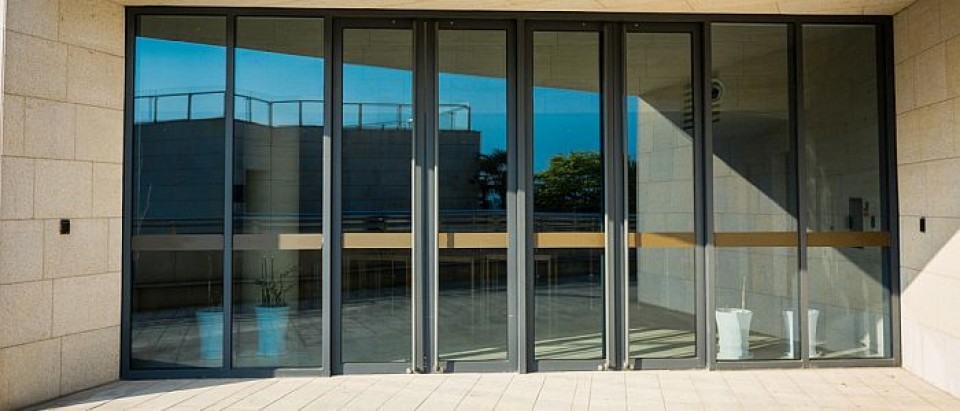Commercial Leases – COVID-19
The Government has stepped up its coronavirus response to Level 4. This has meant that all non-essential businesses are now closed, as at 11.59pm on 25 March 2020, for at least four weeks. As such, commercial leases are under the spotlight in these unprecedented times.
The most common form of commercial lease used in New Zealand is that produced by the Auckland District Law Society (ADLS). In response to the Canterbury earthquakes, the following clause was added to the form of the ADLS deed of lease from 2012 onwards:
No Access in Emergency
27.5 If there is an emergency and the Tenant is unable to gain access to the premises to fully conduct the Tenant’s business from the premises because of reasons of safety of the public or property or the need to prevent, reduce or overcome any hazard, harm or loss that may be associated with the emergency including:
a) prohibited or restricted access cordon applying to the premises; or
b) prohibition on the use of the premises pending the completion of structural engineering or other reports and appropriate certifications required by any competent authority that the premises are fit for use; or
c) restriction on occupation of the premises by any competent authority.
then a fair proportion of the rent and outgoings shall cease to be payable for the period commencing on the date when the Tenant became unable to gain access to the premises to fully conduct the Tenant’s business from the premises until the inability ceases.
While originally introduced in response to cordons set up restricting access to premises, as a result of the Canterbury earthquakes, the clause covers a range of different emergency scenarios including eruptions, tsunamis, floods, and now, epidemics.
This ‘no-access’ clause in the ADLS lease provides for a fair proportion of payment of rent and outgoings to stop temporarily if a tenant’s premises are unable to be accessed in an emergency. There is also a right for the landlord or tenant to terminate the lease if the no-access continues for an extended period, with the default period being nine months.
What is a “fair proportion” will depend on the facts of the tenancy situation. For example, where a premises is used entirely for office use, a tenant would likely contend that 100% of the rent and outgoings should abate while they can no longer use any part of them. Whereas, in the example of a mixed-use warehouse or storage/office or storage/retail premises, it is only the office or retail portion that cannot be used at this time, so only part of the rent and outgoings would abate in that situation.
Alert Level 4, as well as the Government’s epidemic notice under the Epidemic Preparedness Act, means it is pretty clear that the no-access clause has now come into play during this national emergency. Tenants providing non-essential services are unable to access their premises to fully conduct their business operations.
It is worth noting that ADLS leases entered into before 2012 will not include such a clause and a tenant will therefore still be obliged to carry on paying rent and outgoings, however, there is still an opportunity for tenants and landlords alike to negotiate, in good faith, reductions of rental to reflect the current trading circumstances and viabilities for tenant and landlord businesses. There are also other forms of lease in use and as such the wording of those leases will need to be checked carefully to see if there is a similar provision, or “force majeure” provisions
For landlords who do have leases which include this ‘no-access’ clause they will, in all likelihood, be unable to claim on any loss-of-rents insurance cover that they have in place. Loss-of-rents cover, in almost all situations, requires some form of material damage to the premises. There will also be policy wording to the effect that cover will be excluded for any interruption or interference resulting from an infectious disease, with this policy exclusion having been included as a result of the SARS outbreak in 2013. We advise any landlord to check this with their insurance company or broker.
It is recommended that any tenant affected by this situation should contact their landlord or property manager to discuss their situation. Even if the lease does not include such a ‘no-access’ clause, if a tenant’s business has been affected by being unable to access the premises, the parties can still discuss and agree upon some form of rental relief. Where agreement is reached, whether some or all of the rent and outgoings will cease to be paid during this Level 4 period, it is recommended that the parties record this in writing, whether by way of email exchange or more formally if required.
We also advise landlords that other possible avenues will be available to them such as mortgage holidays with their banks and temporary re-introductions of depreciation on buildings, so an early discussion with your accountants and tax advisers is also recommended.
If you are a landlord or tenant and would like specific advice about your situation, please contact one of the lawyers in our Property and Commercial Team who will be more than happy to check the position under your lease.
